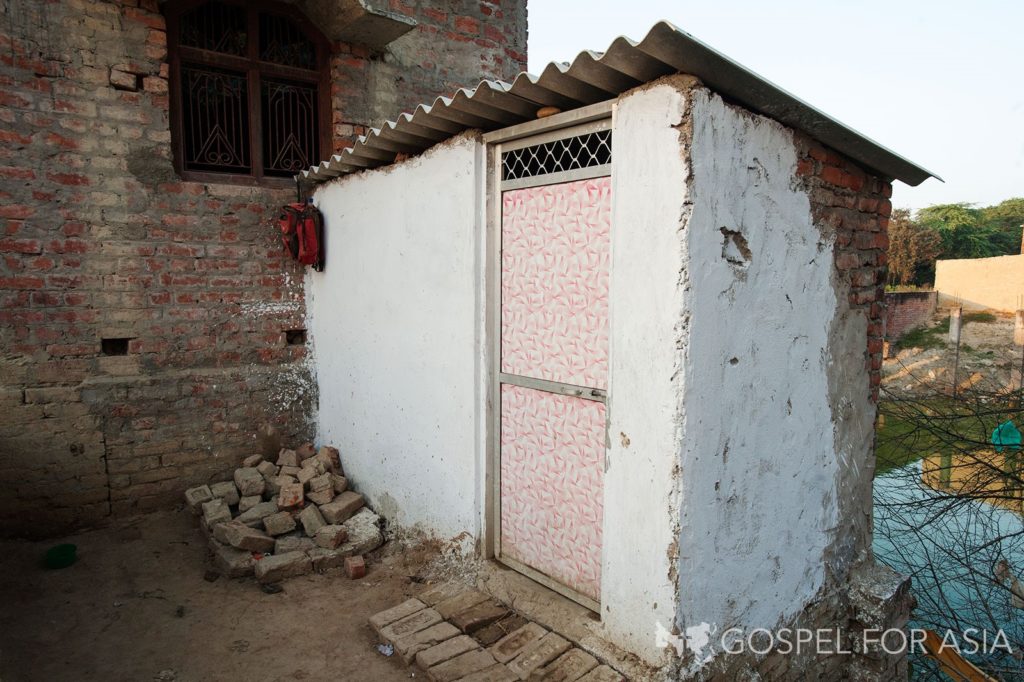
MUMBAI – India Spend recently inteview Naina Lal Kidwai. Kidwai was the former head of HSBC in India, the first woman in India to become the head of a foreign bank in the country.
She is the current vice-chair of the World Economic Forum’s Global Agenda Council on Water. She was instrumental in founding the Water Mission and the Indian Sanitation Coalition. She is the author of Survive or Sink: An Action Agenda for Sanitation, Water, Pollution, and Green Finance.
Much of her inspiration for writing her book and establishing these organizations came from witnessing the success of NGOs like Gospel for Asia (GFA) in successfully leading the way in reducing the practice of open defecation that is so common in rural villages, urban slums, and in other developing nations.
She told reporters that “I have celebrated and reveled in India’s progress and growth. But this cannot be the cost of destroying our air, water, [and] forests.”
Agreeing that diarrhea is one of the leading causes of death among children between the ages of five and 17 in India, she blames state governments for lagging in developing programs that function as successfully as NGO-based models that build toilets, and train families and villages to use, maintain and treat sanitation facilities.
She is trying to impress upon state and local governments the effort to get open defecation free will never stop unless villagers have toilets. As much as having toilets is a necessity, however, having them does not guarantee that villagers will actually use them. Getting people to use toilets is a two-fold problem.
The first obstacle is cultural. Many people incorrectly assume that having a toilet in or near their home is defiling. It is repulsive to them. Because they are uninformed about the dangers of open defecation, and because that’s the way they’ve always done it, they must be educated to understand the facts.
The second obstacle is ensuring that toilets are properly maintained, treated, and cleaned. Toilet facilities ensure better sanitation only if the remain operation and are kept clean. An ill-maintain and dirty toilet facility is not only repulsive, but it is potentially as unhealthy as the practice of open defecation.
Having observed the successful efforts of NGO’s like Gospel for Asia, Kidwai is pressing state and local governments to provide the necessary equipment and staff to ensure both the cleanliness and functionality of the facilities.
It is not unusual for NGOs to face their own difficulties when operating in regions where the culture of the people had been repressed for decades. Outsiders are often suspected of desiring to change local cultures. Kidwai realizes that change is necessary when cultural mores and customs unintentionally endanger the health and welfare of adults and children.
Dr. KP Yohannan of Gospel for Asia, expressed it best when he said, “God is desperately concerned about the poor and suffering, and even more so the helpless and vulnerable. God has given us the opportunity to show the world what He looks like through our mercy and compassion, which can be shown through something as simple as noticing and seeing these people who are without a safe, working toilet.”
It has taken people representing the Living God to lead the way to bring healthy physical and spiritual lifestyles to demonstrate a culture of cleanliness that transcends cultures. We rejoice to see people of influence who have taken up the cause of cleanliness.
Sources:
- India Spend, We Need to Remove the Stigma On Sanitation To Pull More Entrepreneurs In
- GFA, Health Crisis Solution in Gospel for Asia’s Special Report Opens Door to God’s Love for Poor
Image Source:
- GFA (Gospel for Asia)
For more information on Open Defecation, go here:




